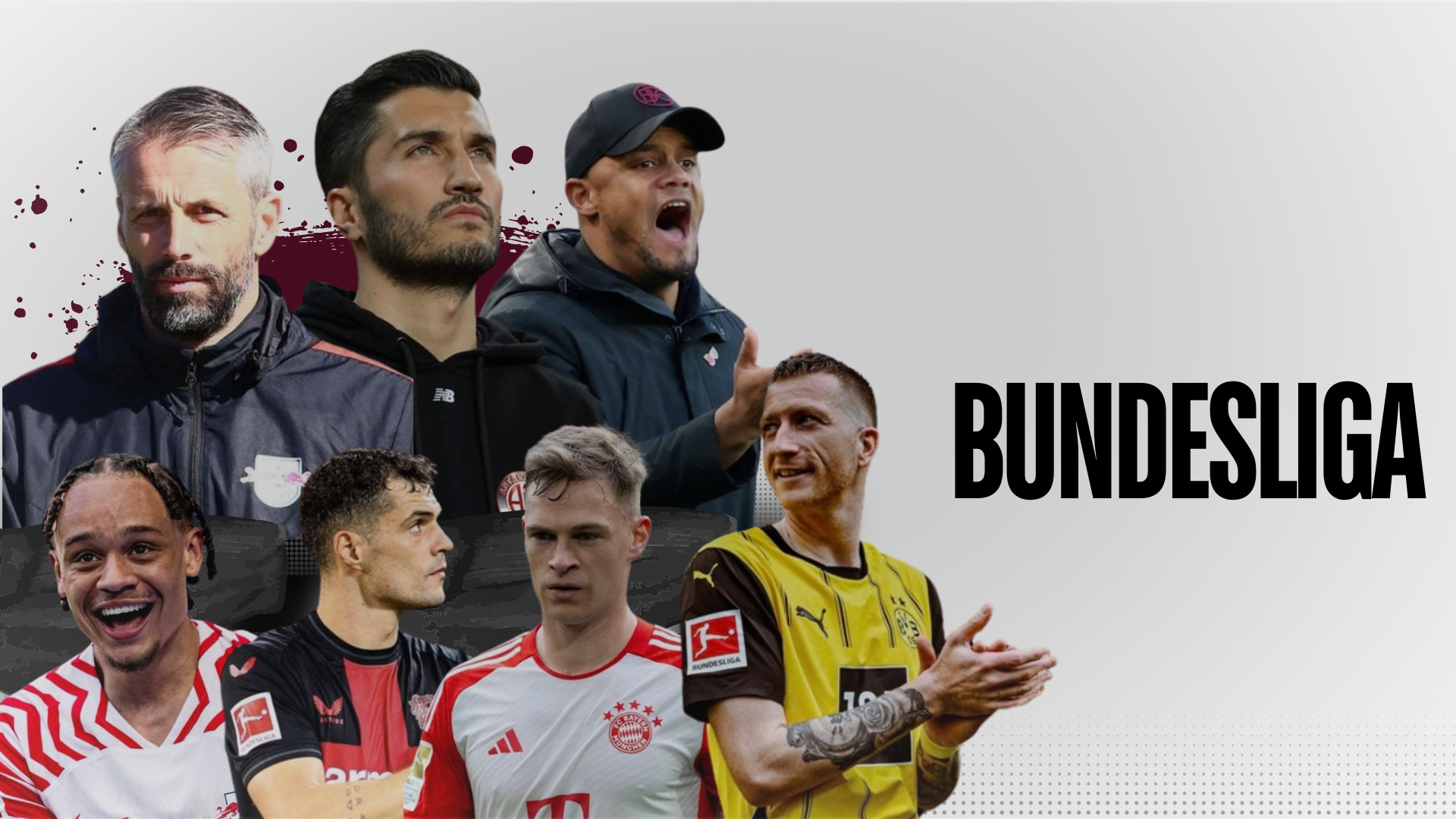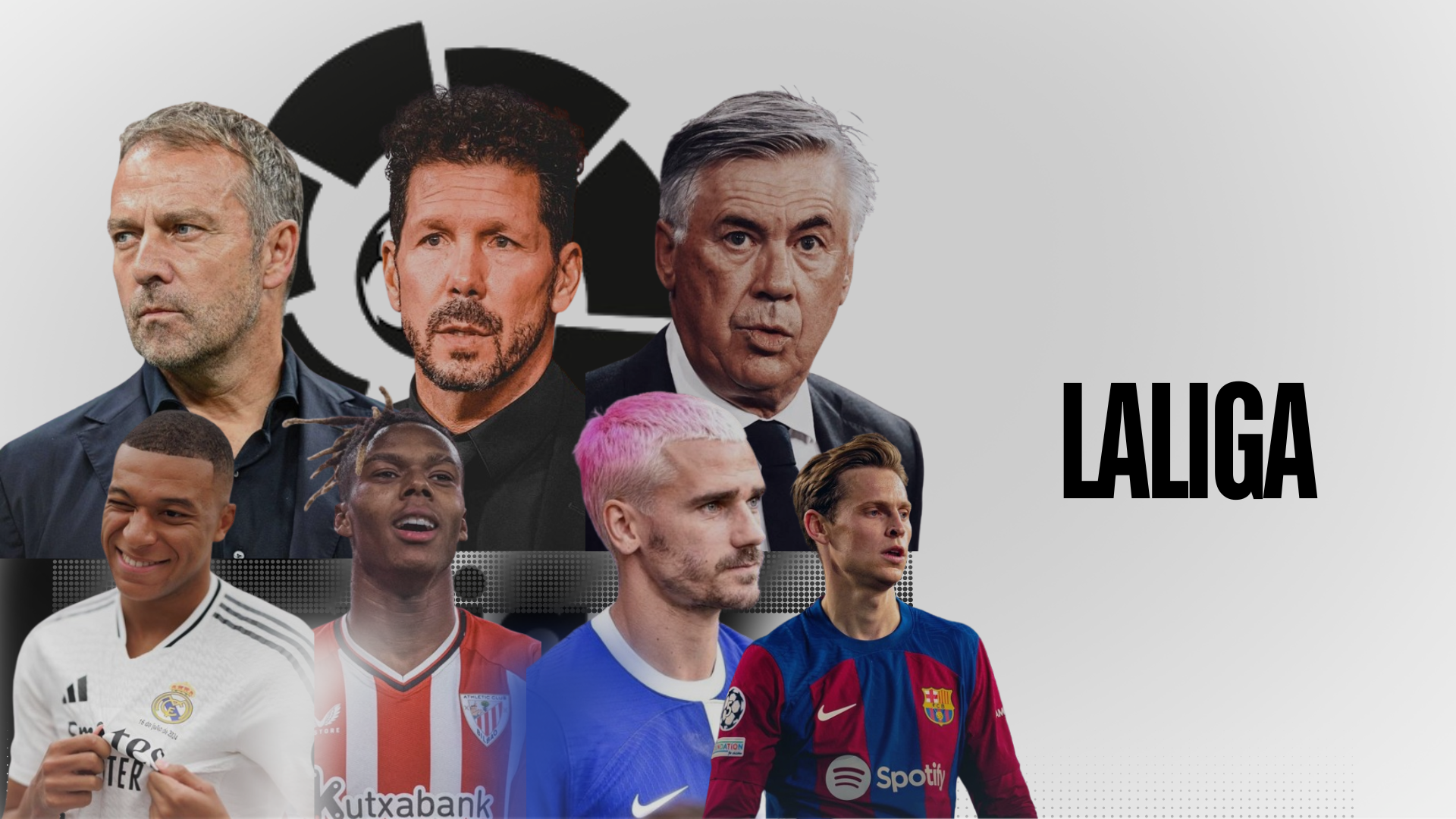Jurgen Klopp: The Architect of Modern Football Success
Jurgen Klopp, a name synonymous with modern football excellence, has established himself as one of the most influential and charismatic managers of his generation. Known for his high-energy style of play, tactical acumen, and magnetic personality, Klopp has left an indelible mark on the game. His journey from a modest playing career to becoming a managerial icon is a testament to his relentless passion for football and his remarkable ability to inspire and lead.
Early Life and Playing Career
Born on June 16, 1967, in Stuttgart, Germany, Jurgen Klopp’s footballing journey began in his hometown. As a youth, he showed a keen interest in the game, and his talents were evident from an early age. Klopp’s professional playing career was spent primarily at Mainz 05, a club where he became a central figure. His versatility allowed him to play both as a defender and a forward, and he was known for his commitment and work ethic on the pitch.
Though Klopp’s playing career did not reach the heights of some of his contemporaries, it provided him with a solid foundation for his future managerial career. His understanding of the game, developed through years of playing at a competitive level, would later prove invaluable in his coaching journey.
The Mainz Revolution
Klopp’s transition from player to manager was swift and marked by immediate success. In 2001, he took over as the manager of Mainz 05, a club he had previously represented as a player. His appointment was initially met with skepticism, but Klopp quickly proved his worth. He led Mainz to promotion to the Bundesliga in 2004, achieving what many thought was impossible for a club of their stature.
Klopp’s tenure at Mainz was characterized by his innovative approach to football. He implemented a high-pressing style of play, a tactic that would become a hallmark of his management philosophy. This aggressive, high-tempo approach not only captivated fans but also demonstrated Klopp’s ability to adapt and evolve his tactics to suit the strengths of his team.
Borussia Dortmund: The Emergence of “Gegenpressing”
In 2008, Klopp’s managerial prowess earned him a move to Borussia Dortmund, a club that would become the stage for his most transformative achievements. At Dortmund, Klopp introduced a style of play known as “Gegenpressing” or “counter-pressing.” This strategy involved immediate and intense pressure on the opposition after losing possession, aimed at regaining control of the ball as quickly as possible.
Klopp’s impact at Dortmund was profound. In the 2010-2011 season, he led the team to win the Bundesliga title, ending Bayern Munich’s dominance in German football. This achievement was followed by another Bundesliga title in the 2011-2012 season and a runner-up finish in the UEFA Champions League in 2013. Klopp’s Dortmund was celebrated for its fast-paced, attacking football and its ability to develop young talent.
One of Klopp’s most notable achievements at Dortmund was his ability to transform players into stars. He played a crucial role in the development of talents such as Mario Götze, Robert Lewandowski, and Marco Reus. His emphasis on team cohesion and individual improvement made Dortmund one of the most exciting teams in Europe.
Liverpool FC: The Klopp Era Begins
In October 2015, Jurgen Klopp was appointed as the manager of Liverpool FC, a club with a rich history but in need of rejuvenation. From the outset, Klopp’s impact was palpable. His infectious enthusiasm, coupled with his tactical expertise, quickly won over the Liverpool fanbase.
Klopp’s first full season at Liverpool saw the team reach the UEFA Europa League final, where they were narrowly defeated by Sevilla. However, it was the 2018-2019 season that marked the beginning of a new era of success for Liverpool. Klopp led the team to a thrilling Champions League final victory over Tottenham Hotspur, securing Liverpool’s sixth European Cup.
The pinnacle of Klopp’s achievements at Liverpool came in the 2019-2020 season, when he guided the team to their first Premier League title in 30 years. Liverpool’s triumph was built on a solid defensive foundation and an attacking prowess that had become synonymous with Klopp’s style of play. The team’s high-pressing, fast-paced football overwhelmed opponents and captivated audiences around the world.
Tactical Innovations and Philosophy
Jurgen Klopp’s success as a manager can be attributed to his innovative tactics and footballing philosophy. His preferred style of play, “Gegenpressing,” involves a relentless pursuit of the ball and high-intensity pressing, which aims to disrupt the opponent’s build-up play and create scoring opportunities. This approach requires a high level of fitness, teamwork, and discipline from his players, and Klopp has consistently demonstrated his ability to implement this strategy effectively.
Klopp’s tactical flexibility is another key aspect of his managerial approach. While “Gegenpressing” is a fundamental part of his philosophy, he is also adept at adapting his tactics to suit different opponents and situations. This adaptability has been evident in his ability to make in-game adjustments and utilize various formations to exploit the weaknesses of his adversaries.
Additionally, Klopp’s emphasis on player development and team unity has been crucial to his success. He has a knack for identifying and nurturing young talent, as seen in his time at Borussia Dortmund and Liverpool. Klopp’s ability to create a positive and cohesive team environment fosters a sense of camaraderie and collective purpose among his players, which has been instrumental in achieving consistent success.
Legacy and Impact
Jurgen Klopp’s legacy in football is defined by his remarkable achievements, his distinctive managerial style, and his profound impact on the clubs he has managed. His tenure at Mainz 05, Borussia Dortmund, and Liverpool has left a lasting imprint on the game, and his influence extends beyond tactical innovations.
Klopp’s charismatic personality and genuine passion for football have endeared him to fans and players alike. His ability to connect with his players on a personal level, coupled with his relentless pursuit of excellence, has earned him the respect and admiration of the footballing world. Klopp’s journey from a humble playing career to becoming one of the most successful managers of his era is a testament to his dedication, vision, and unwavering commitment to the beautiful game.
Jurgen Klopp: A Trophy-Laden Journey Through Football’s Elite
Jurgen Klopp’s managerial career is a chronicle of triumphs, innovation, and relentless ambition. Known for his high-octane footballing philosophy and charismatic presence, Klopp has built a reputation not only for transforming teams but also for winning major trophies. His career is highlighted by significant achievements with Mainz 05, Borussia Dortmund, and Liverpool FC, reflecting his exceptional ability to lead and inspire.
Mainz 05: A Foundation for Success
Jurgen Klopp’s managerial career began at Mainz 05, a club where he had previously spent the majority of his playing days. Appointed as manager in 2001, Klopp’s tenure at Mainz was marked by a notable achievement: guiding the team to promotion to the Bundesliga in the 2003-2004 season. While Mainz did not win any major trophies under Klopp, the promotion itself was a monumental accomplishment for a club of their stature and set the stage for Klopp’s future success. His innovative tactics and high-pressing style began to take shape during this period, laying the groundwork for his subsequent achievements.
Borussia Dortmund: The Era of “Gegenpressing”
Jurgen Klopp’s move to Borussia Dortmund in 2008 marked the beginning of his ascent to prominence. At Dortmund, Klopp not only revolutionized the team’s playing style with his high-pressing tactics but also delivered significant silverware.
- Bundesliga Titles (2010-2011, 2011-2012): Klopp’s influence at Dortmund was immediate and profound. In his first full season, he led Dortmund to the Bundesliga title, ending Bayern Munich’s dominance. This achievement was not a flash in the pan; Klopp repeated the feat the following season, winning back-to-back Bundesliga titles. His innovative “Gegenpressing” style and ability to develop young talent were instrumental in these successes.
- DFB-Pokal (2011-2012): The 2011-2012 season saw Dortmund complete a domestic double under Klopp. They won the DFB-Pokal (German Cup) by defeating Bayern Munich 5-2 in the final. This victory was a testament to Klopp’s ability to build a resilient and attacking team capable of competing at the highest level.
- UEFA Champions League Final (2012-2013): Klopp’s tenure at Dortmund also saw the team reach the pinnacle of European football. Dortmund’s run to the UEFA Champions League final in 2013 was a remarkable achievement. Although they were defeated by Bayern Munich 2-1 in the final, the journey to the final highlighted Klopp’s tactical acumen and ability to lead a team to compete against the best in Europe.
Liverpool FC: The Pinnacle of Success
Jurgen Klopp’s appointment as Liverpool manager in October 2015 marked the beginning of a new chapter in his career. His impact on the club was immediate, and over the next few years, he would lead Liverpool to a series of significant triumphs.
- UEFA Champions League (2018-2019): Klopp’s first major trophy with Liverpool came in the 2018-2019 season. Liverpool’s journey to the UEFA Champions League final was a testament to Klopp’s tactical prowess and leadership. In the final, Liverpool defeated Tottenham Hotspur 2-0, with goals from Mohamed Salah and Divock Origi securing the victory. This win was particularly sweet for Klopp, who had previously lost a Champions League final with Borussia Dortmund.
- Premier League (2019-2020): The 2019-2020 season was a historic one for Liverpool. Klopp led the team to their first Premier League title in 30 years, finishing the season with 99 points, 18 points clear of second-placed Manchester City. Liverpool’s title win was marked by a string of impressive performances and a solid defensive record, reflecting Klopp’s ability to build a well-rounded and dominant team.
- UEFA Super Cup (2019): Shortly after winning the Champions League, Liverpool added the UEFA Super Cup to their trophy cabinet. They defeated Chelsea in the final, with the match ending 2-2 after extra time and Liverpool prevailing 5-4 in the penalty shootout. This victory demonstrated Klopp’s knack for winning crucial games and his ability to guide his team through high-pressure situations.
- FIFA Club World Cup (2019): Liverpool’s successful 2019 continued with a triumph in the FIFA Club World Cup. Klopp’s side defeated Flamengo 1-0 in the final, with Roberto Firmino scoring the decisive goal. This victory added an important piece of silverware to Liverpool’s collection and highlighted Klopp’s ability to lead his team to success on the global stage.
- Carabao Cup (2021-2022): Liverpool’s domestic success under Klopp included the Carabao Cup, also known as the EFL Cup. In the 2021-2022 season, Liverpool won the competition by defeating Chelsea in a dramatic final that was decided by a penalty shootout. This victory further demonstrated Klopp’s ability to guide his team to success in knockout competitions.
- FA Cup (2021-2022): The 2021-2022 season also saw Liverpool claim the FA Cup. Klopp’s team defeated Chelsea once again in the final, with the match ending 0-0 after extra time and Liverpool winning 6-5 in the penalty shootout. This victory completed a domestic cup double for Liverpool, highlighting Klopp’s prowess in leading his team to success in both domestic and international competitions.
Legacy and Impact
Jurgen Klopp’s managerial career is marked by an impressive collection of trophies and accolades. His ability to transform teams, his innovative tactics, and his charismatic leadership have made him one of the most respected figures in football. Klopp’s success with Mainz 05, Borussia Dortmund, and Liverpool FC reflects his exceptional talent and unwavering commitment to the sport.





1 comment